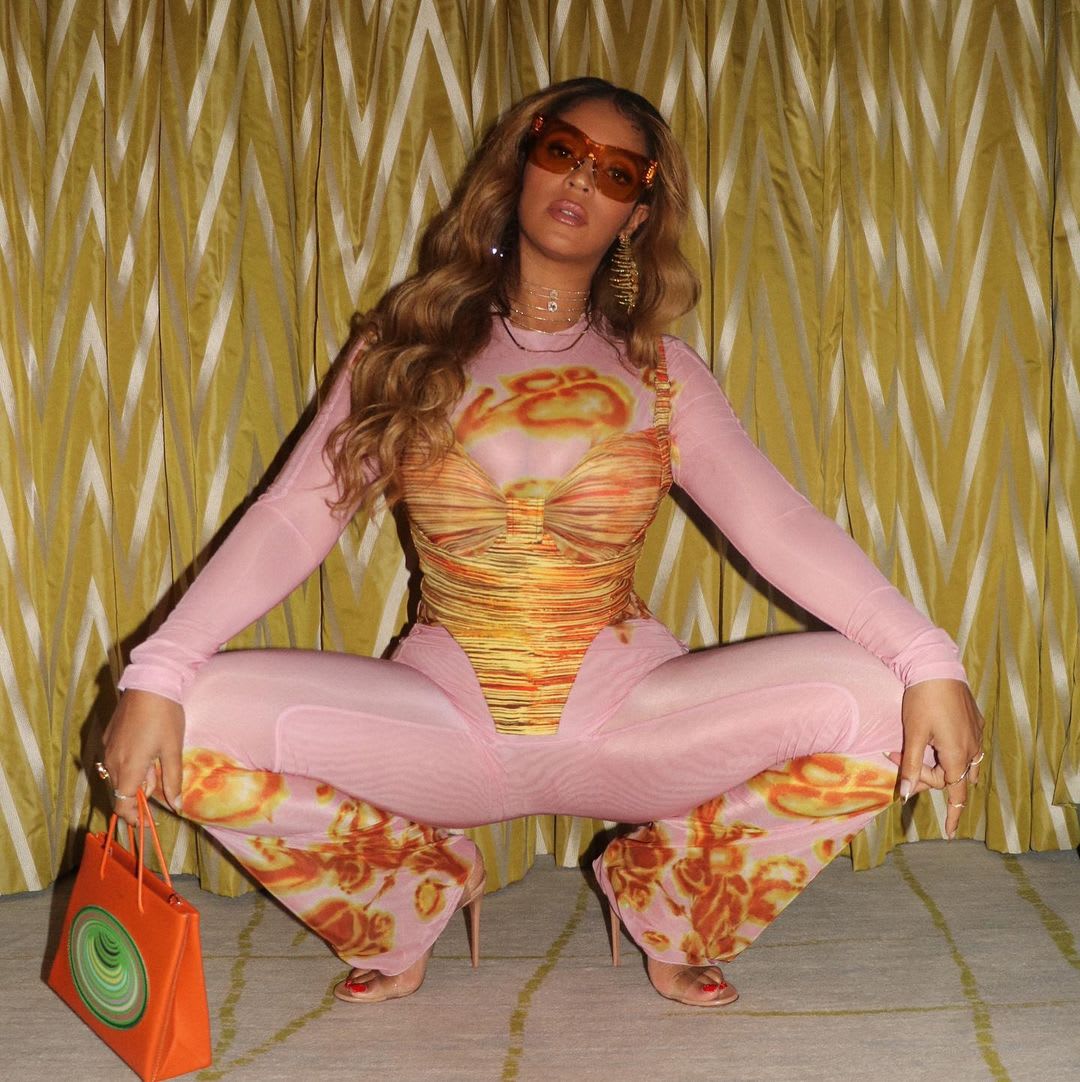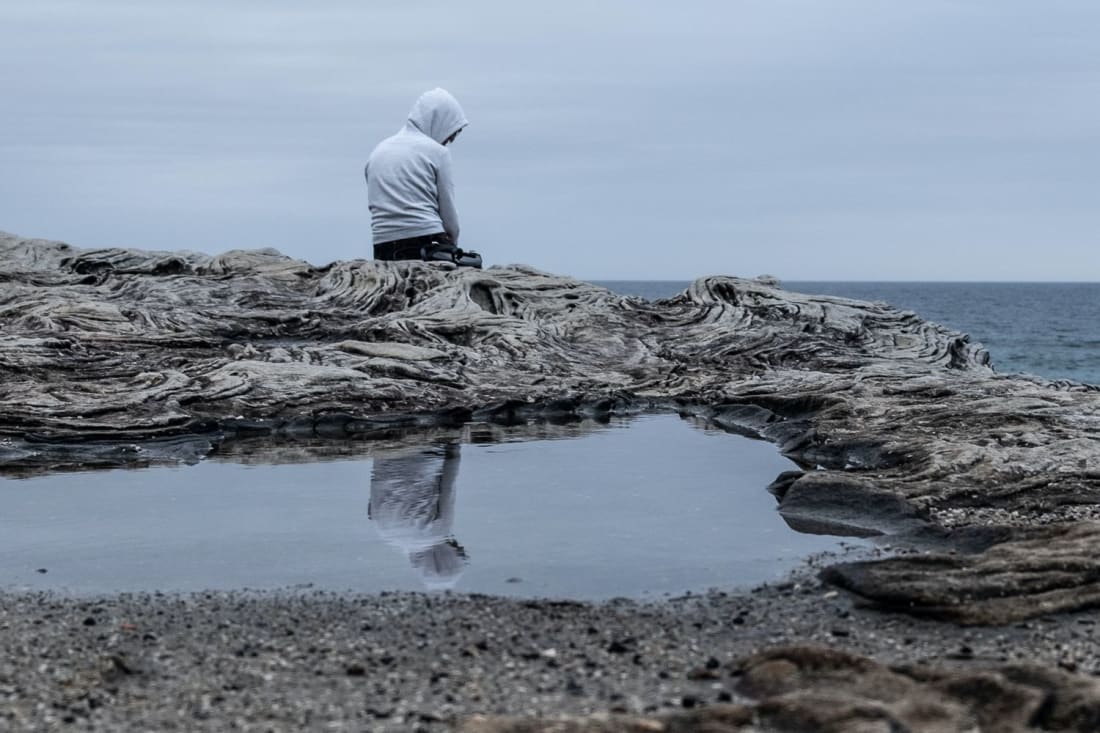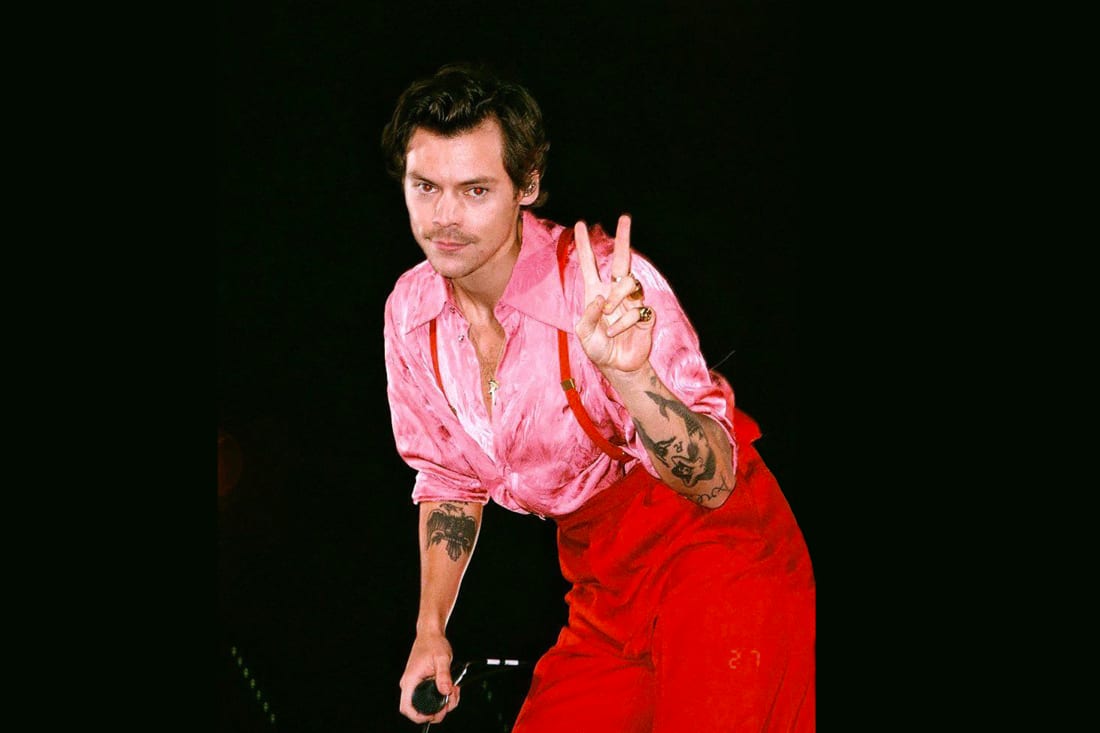Femcels unite! You can now study Lana del Rey at university
Kathy Iandoli leads the NYU course unpacking the ‘blueprint and cautionary tale’ that is Lizzie Grant
Kathy Iandoli leads the NYU course unpacking the ‘blueprint and cautionary tale’ that is Lizzie Grant
Can you believe it’s been over a decade since Lana del Rey released her epoch-defining sophomore album Born to Die? After breaking through with the Tumblr instant-classic “Video Games”, the musician’s take on the American gothic and themes of mental illness, femininity, and entropy has had an enduring impact on pop and how young women and femmes express themselves online. She has paved the way for the messy, emotional lyricism of Billie Eilish, and the haunted gothic of Ethel Cain, as well as crafting a hyper-aestheticised persona that would be mimicked by individuals romanticising their life (and pain) on social media. Sad girls forever.
With a rise coinciding with a boom in internet feminism, her ascent was – often justly – picked apart by online publications like Jezebel on cultural appropriation (despite choosing a Spanish-language stage name, del Rey is not Latinx), and the glorification of gendered violence in her lyrics. At a time when asking female celebrities if they were a feminist was still considered “provocative" journalism, del Rey refused to toe the line, trolling interviewers with lines such as; “Whenever people bring up feminism ... I'm just not really that interested,” rather than handing over an easily digestible, pro-empowerment soundbite.
Admittedly, her ‘feminist’ legacy was never going to be clear-cut. Yet some 10 years later, the musician’s unflinching approach to cataloguing the futility and longing of heterosexuality, as well as a general malaise with the world at large, has made her a poster girl for internet sad girls and an unlikely icon for the burgeoning, semi-ironic femcel movement. But of course, this makes sense: Lana never celebrated being a woman, nor hid a taste for toxic men — she exposed how she and women like her debased themselves at the altar of male attention and were forced to find meaning in outdated power dynamics that they seem doomed to repeat until death. Moving away from a sanitised pop feminism into an era that is dominated by the feminine grotesque — as in the works of Ottessa Moshfegh and the revelry of feral girl summer — del Rey’s imprint cannot be ignored.
As you have no doubt gathered by now, there is a lot to unpack when it comes to del Rey’s cultural baggage. Ready to prepare the next generation of scholars and pop obsessives to do some of that critical lifting is journalist and author Kathy Iandoli, who is spearheading “Topics in Recorded Music: Lana Del Rey” — a two-credit university course at NYU’s Clive Davis Institute that runs from 20 October to 8 December. The course will examine the musician’s “anti-pop” musical legacy, as well as her relationship with feminism and themes of mental health.
To find out more about the course and to talk with someone who’s clearly a fellow del Rey fan, Woo chats to Indoli to learn more about what students can expect…
How are you today?
Kathy Iandoli: It's actually been pretty wild. A lot of students from the university are reaching out to try to get into the course. But unfortunately, all the places are now filled.
Why Lana Del Rey?
Kathy Iandoli: I've been thinking over the over the past year or two about trends in pop music and the new wave of pop artists we’re seeing now. Who is their matriarch? We have this generation of pop stars who are more in touch with their complicated feelings — what Lana Del Rey created was a whole generation of listeners who are not afraid to express even the more complicated depths of their emotions. She wasn't afraid to go there with her music and to inspire a generation of other pop stars, and, in turn, she also inspired a whole generation of listeners. The fan base for Lauren Del Rey is so extensive and they love her so much, it’s not about how she makes them feel about her but rather how she makes them feel about themselves.
One of the course themes listed is mental health — do you think del Rey’s candour has changed the way darker feelings are approached in pop?
Kathy Iandoli: Absolutely. Not just through the lyrics, but through the sound of the music and its production. We’ve started calling it sad girl pop but, more specifically, it was called Baroque pop. It's music that sits at a particular BPM that affects the brainwaves in a certain way, too. There are lyrics reflecting a certain type of emotion, and then production that coincides with it. In her music there was this all-encompassing environment.
On the flipside, how do you think her music has impacted fans who are also potentially struggling with mental health?
Kathy Iandoli: We have a generation of sad kids with minimal outlets to express that feeling. There are a lot of fucked up things happening in the world and she provides a safe space where she's like; “It's okay, I'm the same way too.” At times that can be controversial and challenging because if you have an artist who isn't afraid to go there, sometimes it's more comfortable to make them not go there. But for whose benefit is that, really? If she's using that as her medium for expression, someone out there agrees with her. I think that's why she has a strong fan base.
Another topic that is broached within the course is how the musician’s work interacts with feminism. How would you characterise del Rey’s relationship with the movement?
Kathy Iandoli: Right now we’re in the fourth wave of feminism, intersectionality, and we’ve abandoned the idea that you can be a feminist but still be subservient to your lover. I think that's where wires get crossed for thinking about feminism because we have now pushed it into one very specific direction and I think that's what Lana del Rey is referring to when she has publicly talked against feminism. She's talking against that version of feminism as it has been shaped, packaged and delivered. We’ll be exploring why she rejected feminism but why her admission of her feelings and the different layers of her personality [in her music] is actually empowering women in a way. We’re also going to look at white feminism and the ways that del Rey has has been able to move in in certain rooms as a white artist talking about certain things that Black female artists may not be able to speak about without being stigmatised for.
What do you hope students will take away from the course?
Kathy Iandoli: I hope that people understand that when it comes to the success of an artist, especially an artist who has done groundbreaking things in a very short amount time, that there’s a team in place and it’s not a one-person show. I also want people to understand that we’re not talking about a commodity. This is a human being putting real human emotions into her art. She's a blueprint and a cautionary tale but, at the core, she's an artist.



